A Collective Experience: Fringe-ing Wherever You Are
“We could’ve just said we’re not doing a Fringe, that we’re just going to take this moment and not do anything. And we all thought, well, this is the mandate of Fringe, to support the artist, to be a platform for the artist. And this is an opportunity.”
The Fringe is dead; long live the Fringe.
It was a day of mourning, but perhaps not surprise, when the Toronto Fringe announced that, for the first time in 32 years, they were cancelling their festival, set as always for the first two weeks of July. The announcement was one of the last in a series of theatre cancellations resulting from the ongoing COVID-19 pandemic. And with the festival gone, so too vanished the platform it was to offer for hundreds of emerging and established artists to showcase their work, experiment artistically, and reach new audiences.
That simply wasn’t going to cut it for Executive Director Lucy Eveleigh and the Fringe team.
In rapid time, Toronto Fringe have devised and built a fully online arts festival—the first of its kind in Toronto—as well as a new scheduling system, ticketing procedure, and artist compensation model. It would have been a colossal undertaking even if the world wasn’t enduring a global pandemic, but Eveleigh and Fringe Board of Directors Chair Jason Murray speak eagerly about the process.
“Once we realized that we were cancelling the festival, we got some great advice from our artist advisory committee about taking a pause at that point and not feeling like we had to rush. So, we really did take some time,” Eveleigh says in a Zoom-conducted interview. “And then the core team came back together, and we brainstormed about what we could do. And that was when the name Fringe Collective was born.”
The Fringe Collective: a 12-day, virtual, multi-media, multi-artist endeavour, comprised of more than 50% of the artists slated to perform in the 2020 festival. At face value, it may seem like a significant departure from the city-wide festival it’s born out of, which is known for its bustling Fringe Hub, packed venues, and seemingly endless team of dedicated volunteers. In contrast, the Fringe Collective is a more subdued—and necessarily isolated—affair. Its online content varies in length and format, comprised of anything from short stories, to radio dramas, to monologues delivered in bathrooms—vastly different than the near-fortnight of 60- to 90-minute productions Fringe-goers have come to expect. But Eveleigh and Murray insist the Collective is bringing them closer than ever to Fringe’s mandate in exciting new ways.
“Fringe as an organization, on a system level, should be able to play and explore just like the artists are able to,” Murray says. “We’re not a one-note platform, where we just wait for artists to come in and play and try to shake up the conversation of what arts and culture looks like. The actual festival itself is in a position to do the same.”
The digital experience is divided into four Acts, each lasting three days—patrons can pay for access to individual Acts using a tip-what-you-can model, or purchase a membership for $100 and enjoy all four. Proceeds are split evenly between contributing artists, with Fringe taking an overall 30% cut. “No matter what they’ve done or what they’ve contributed, everybody gets the same piece,” Eveleigh says. “This really brings the idea of the collective forward.” All artists originally slated for the 2020 festival were invited to contribute, as well as given first right of refusal for the 2021 festival next summer.
But the newly-minted Fringe Collective isn’t just occupying a holding place for the postponed festival—it’s its own entity, a totally new endeavour by the Fringe team to engage deeply and fruitfully with the artists who use the festival as a platform. A virtual townhall enabled Eveleigh and the Fringe team to connect with the artists, getting them in on the ground floor of the Collective’s incubation. “We normally don’t meet until day one of the festival,” she says. “It was this really amazing moment to see them face to face and for them to know who we are.” This, Eveleigh emphasizes, drives right at the heart of their artistic mission: “These are the kind of things that I think we’ll pull out and then do again next year.”
Murray notes the importance of summer 2020 as a cultural marker—as well as his own pleasure that the Fringe is doing something to mark the occasion, for better or worse. “I think it’s important that there not be a gap year,” he says. “2020 is a big year, like it or not. And probably more so because of COVID than if there was nothing COVID in the world.”
In addition to the four Acts, the Fringe will be taking their hugely popular pop-up patio, Postscript, and putting it online—for free. The Postscript Live(Stream) will recur throughout the digital festival, kicking off with a launch party the night before the fest (June 30th) and including events such as an Isolation Disco; 30-Second Pitches; and sharing circles like Stories from the Fringe, a BIPOC artist-led story circle facilitated by Tanisha Taitt, and the KidsFest Storytime with the Fringe, featuring memories from some of the youngest festival-goers.
While the Fringe team are optimistic about their new endeavour, they admit the process has not been without its challenges. “It’s a Fringe,” Eveleigh says. “None of the content is curated, none of this is juried. For some people, this was going to be their first Fringe. So never mind not having done a Fringe before, they’ve certainly never done anything like this before.” She emphasizes their concern of not placing undue pressure on the artists. “How do we present all of this work and how do we do it fairly? How do we make sure that everybody’s got a chance to be involved?”
While the Fringe Collective is undeniably a significant step forward in imagining how theatre festivals can better inhabit a digital space, Eveleigh is careful to not take unwarranted credit. “For a lot of theatre companies that have [different] accessibility needs, this is how they rehearse quite often,” she says. “They do virtual rehearsing and they do use this kind of technology. We’ve been looking to that demographic for advice and assistance.”
Eveleigh and Murray both express their excitement at facing the challenges presented by an increasingly digital world—especially the unique opportunity this rapidly changing terrain offers an organization like Fringe, which is dedicated to facilitating new ways of bringing people together around the arts. “Other theatre companies may not necessarily feel like they can play until it’s proven somewhere else,” Murray says. “Fringe is about trying things out and exploring.”
“We know how to run a festival,” Eveleigh adds. “We’ve been doing that for a long time. But this is something brand new.”
“I think a part of this is also getting comfortable with the unknown, the uncertainty that we’ve all been living with since March,” she continues. “And I think being okay with… not failure, but mistakes made or learning opportunities that will come out of this.”


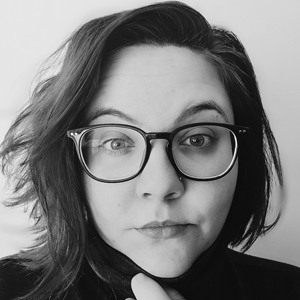






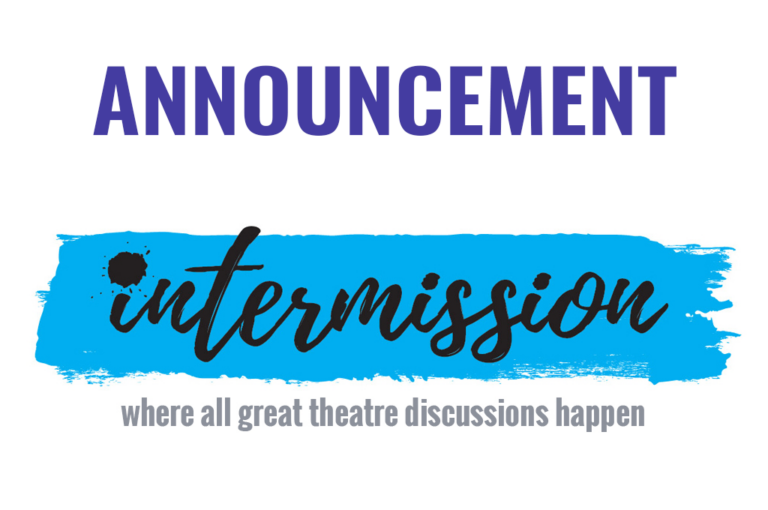

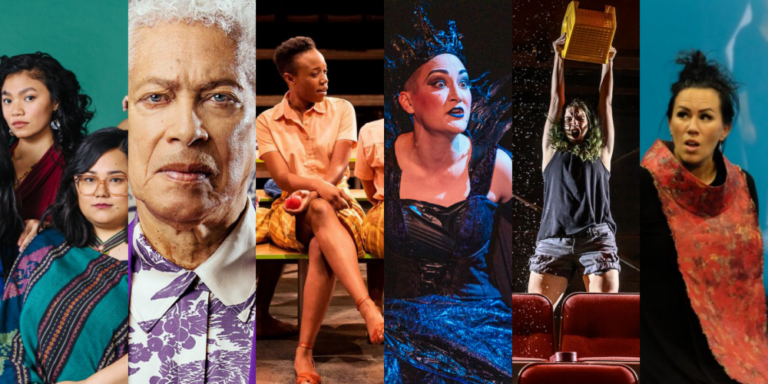
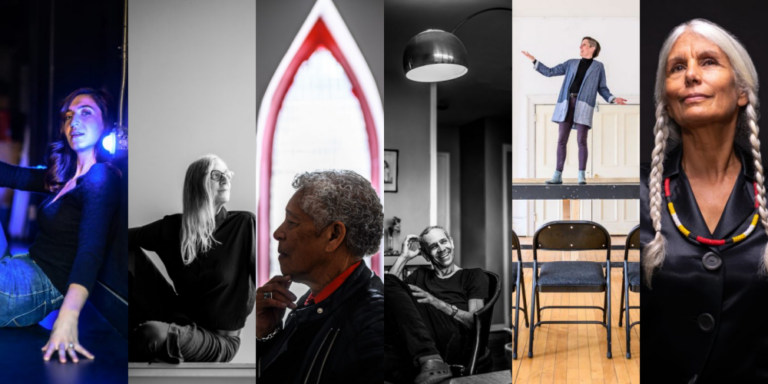
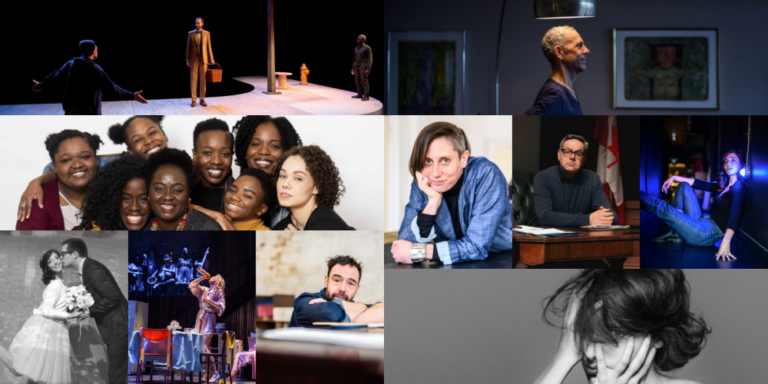
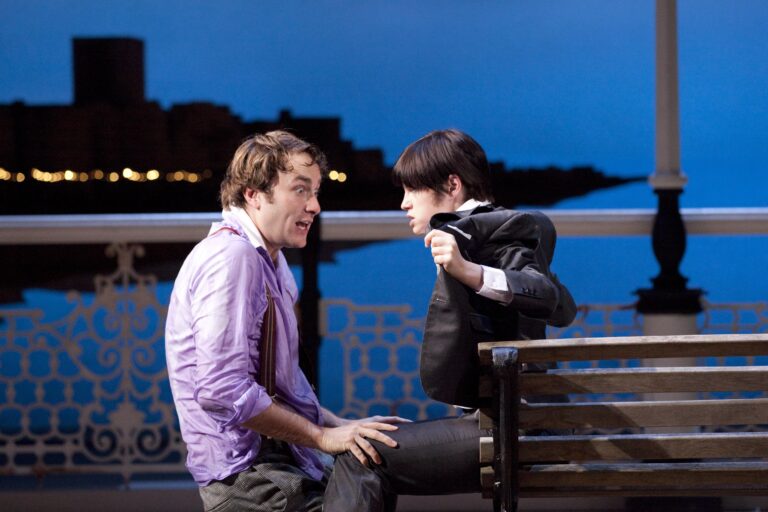
Comments